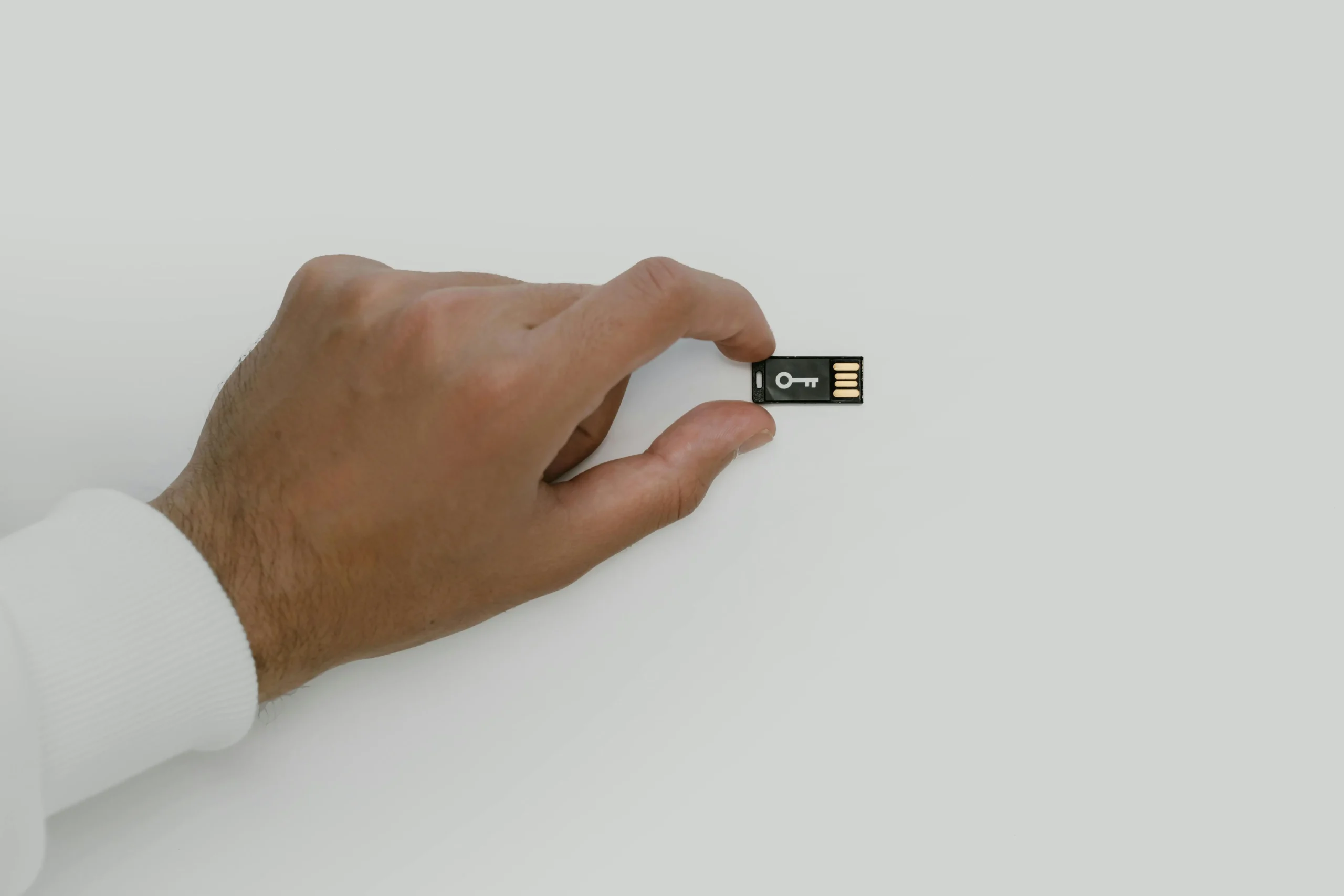Jane Goodall’s career offers valuable insights into the concepts of allyship and sponsorship, particularly in fields historically dominated by men. Her relationship with Louis Leakey exemplifies how powerful individuals can open doors for those overlooked by traditional systems. By recognizing Goodall’s potential despite her lack of credentials, Leakey set a precedent for valuing talent and competency over formal qualifications. This model of advocacy not only benefited Goodall but also other female scientists, reshaping public understanding of empathy and cooperation in primate studies.
The lessons drawn from their alliance encourage contemporary leaders to use their influence to elevate underrepresented voices. Employing genuine trust and autonomy, as Leakey did, fosters a culture where allyship is ingrained in organizational goals. This approach reinforces diversity, equity, and inclusion efforts as integral to success, illustrating that tangible change occurs when leaders model allyship consistently across personal and professional spheres. Goodall’s adage about making a difference resonates deeply within the context of today’s push for inclusive leadership.
👉 Pročitaj original: MIT Sloan Management Review







